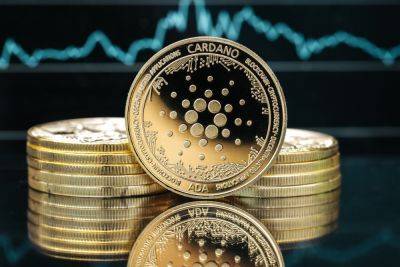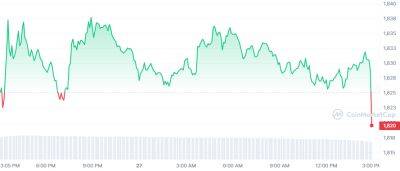E-fuels: how big a niche can they carve out for cars?
M ost bright red sports cars do not make much of their green credentials. Yet a test run in Bicester, Oxfordshire, by the startup Zero Petroleum last week gave a glimpse of a future in which combustion engines did not add new carbon to the atmosphere. The car was running on e-fuel: petrol made using electricity, hydrogen from water, and carbon captured from the air.
The automotive industry is steadily moving away from fossil fuels, and a firm global consensus has emerged that battery electric vehicles are the way forward. Yet that consensus took a knock last month when the EU – to the shock of energy experts, environmental campaigners and much of the car industry – opened a small back door to e-fuels.
E-fuels are likely to find a small niche at most, experts predict. In their way stand fundamental constraints of physics, which would require even more green energy. They are made in stages: first by splitting water using electricity to create hydrogen, and then combining it with carbon from CO2 in a process that requires high pressure and a catalyst. Every stage wastes some energy, and all the electricity used must be zero-carbon.
“You’re basically trying to unburn petrol,” said Michael Liebreich, a consultant on clean energy technologies. “You need an insane amount of solar to do that.”
One big problem with the e-fuel dream is actually finding the stuff. There are no plants producing it at scale in the world. Nevertheless, some companies have spotted an opportunity.
Zero Petroleum, which will produce e-fuels on a small scale at its Bicester test factory, was founded by Nilay Shah, a professor of process systems engineering at Imperial College London, with Paddy Lowe, a former technical director at the Formula One teams
Read more on theguardian.com




















